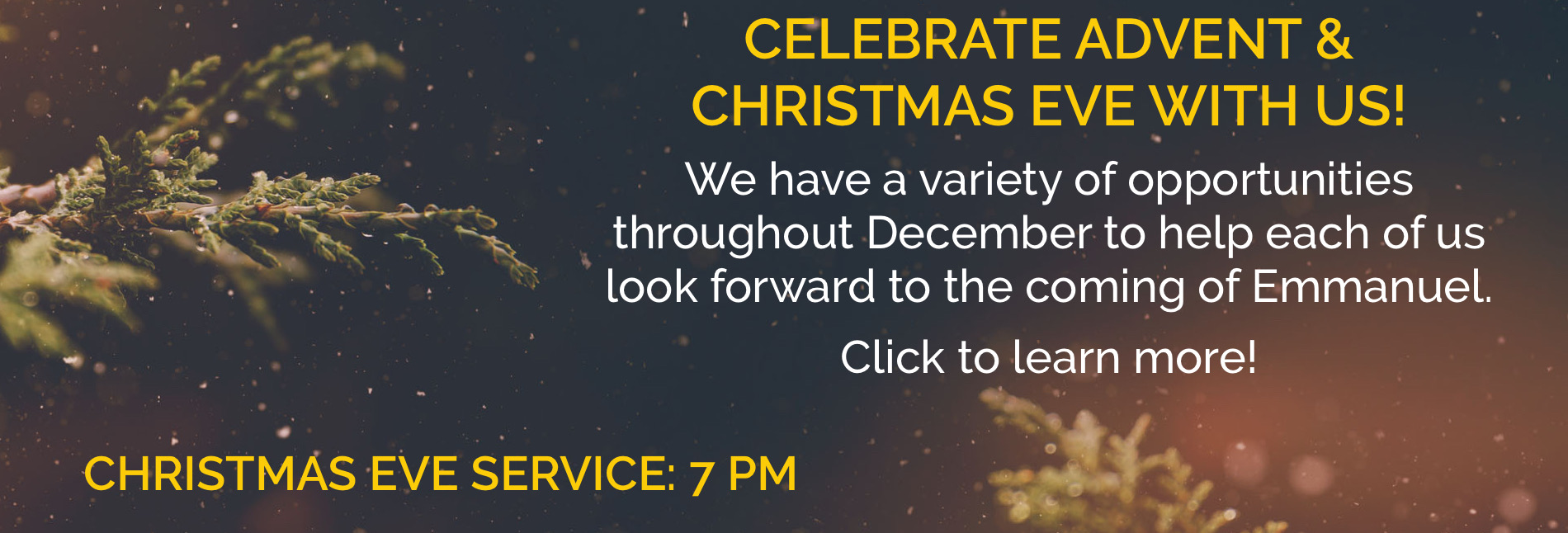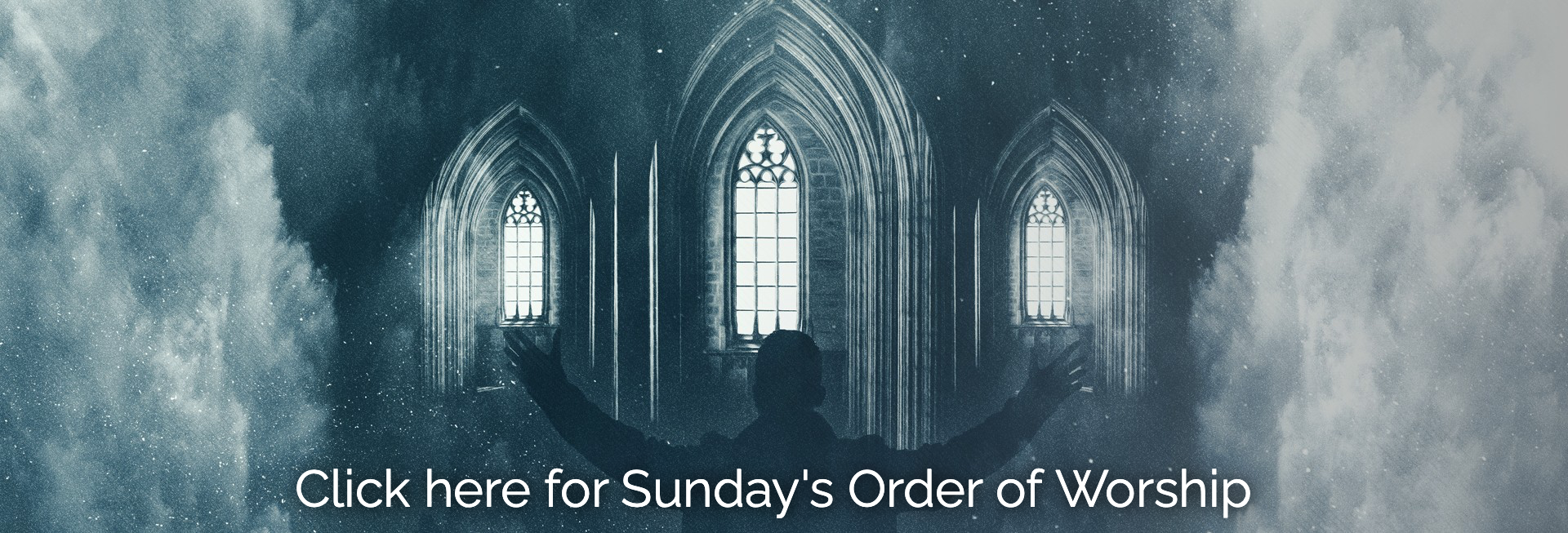Welcome to Northminster
Join us this Sunday!
Upcoming Events
The Latest from our blogs…
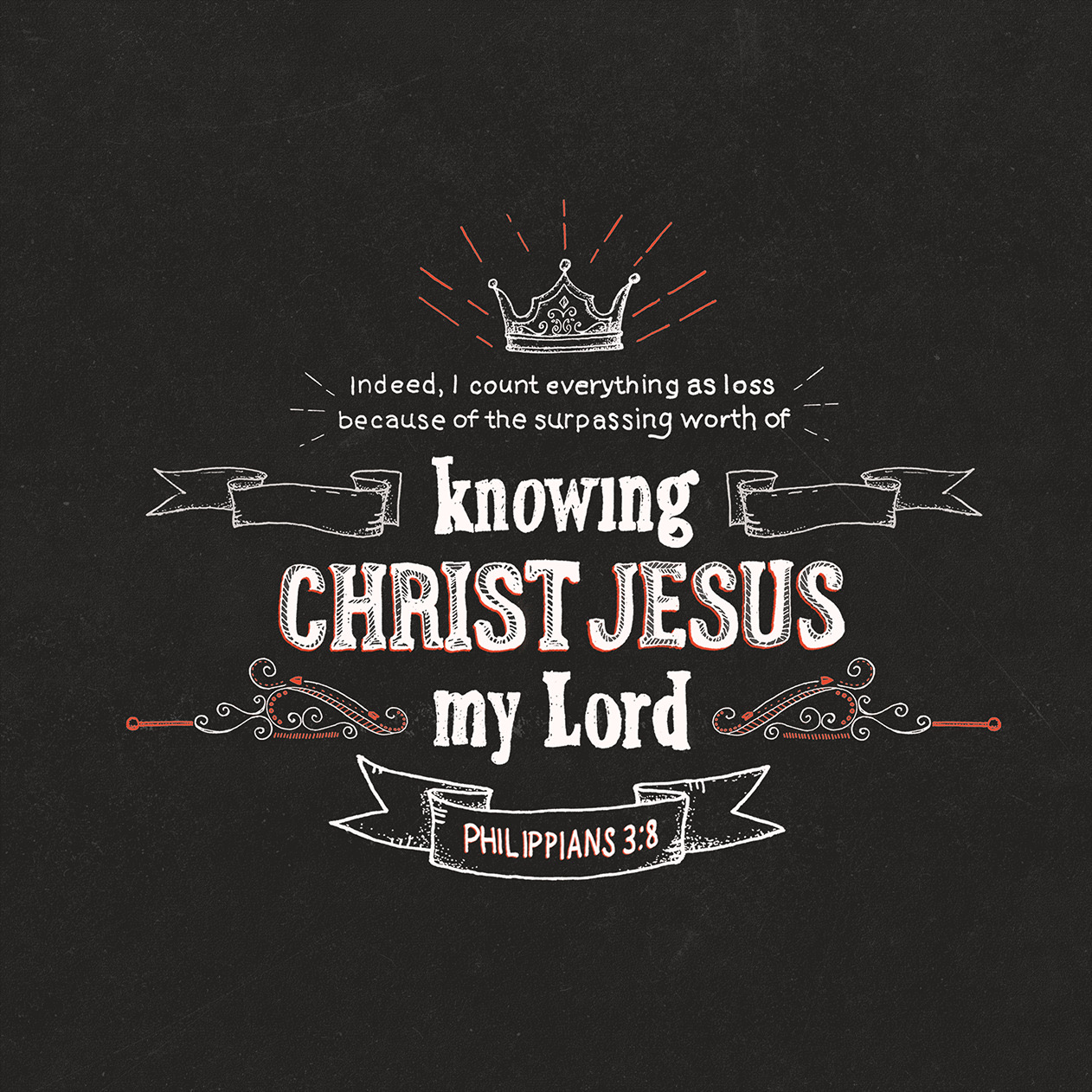
News & Announcements for Sunday, July 6, 2025
Posted on Jul 3, 2025 by David Garrison in Announcements, General, HomePage, News | 4

JOIN US FOR SUNDAY SCHOOL
If you’re looking for an opportunity to grow as a disciple of Jesus Christ, we encourage you to join us Sunday mornings for a intergenerational Sunday school class, from 9:30-10:30. We look forward to seeing you!
MIDWEEK PRAYER – WEDNESDAYS @ Noon
Please join us on Wednesdays at noon for a time of prayer in the sanctuary as we bring our needs before our loving God.
GET IN SHAPE CLASS –SUNDAYS, 9:30AM
No, not physical shape – spiritual S.H.A.P.E.! God has given every believer gifts and shaped us for ministry and service. If you’re asking questions like, What are my spiritual gifts? How has God shaped me for service and ministry? Where do I “plug in?” What is God calling me to do in this phase of my life? Then this class is for you! We encourage every member of Northminster to join us for this 4-week Sunday School class, concluding next Sunday.
COLLEGE & CAREER BIBLE STUDY – TONIGHT, 6PM
Join us for a weekly(ish) bible study for College & Career Young Adults this summer. We meet at the Garrisons for dinner (probably something fancy, like pizza) and then spend some time digging into God’s Word. This is a place and time you can bring your questions and whatnot as well. All young adults, ages 18-29(ish) are welcome.
MISSION FOCUS FOR JULY: NEIGHBORS HELPING NEIGHBORS
Our mission focus for the month of July is Neighbors Helping Neighbors which assists individuals in Amherst County in overcoming food insecurity. They also help connect those in need to area resources that can help build self-sufficiency and quality of life. You may make a donation by specifying NHN on your check memo line.
DOWNLOAD THE CHURCH CENTER APP
Search for “Church Center” in your favorite app store on your phone to download our app! In the app are the church calendar, small group and volunteer opportunities, the online church directory, and more.
Read more...
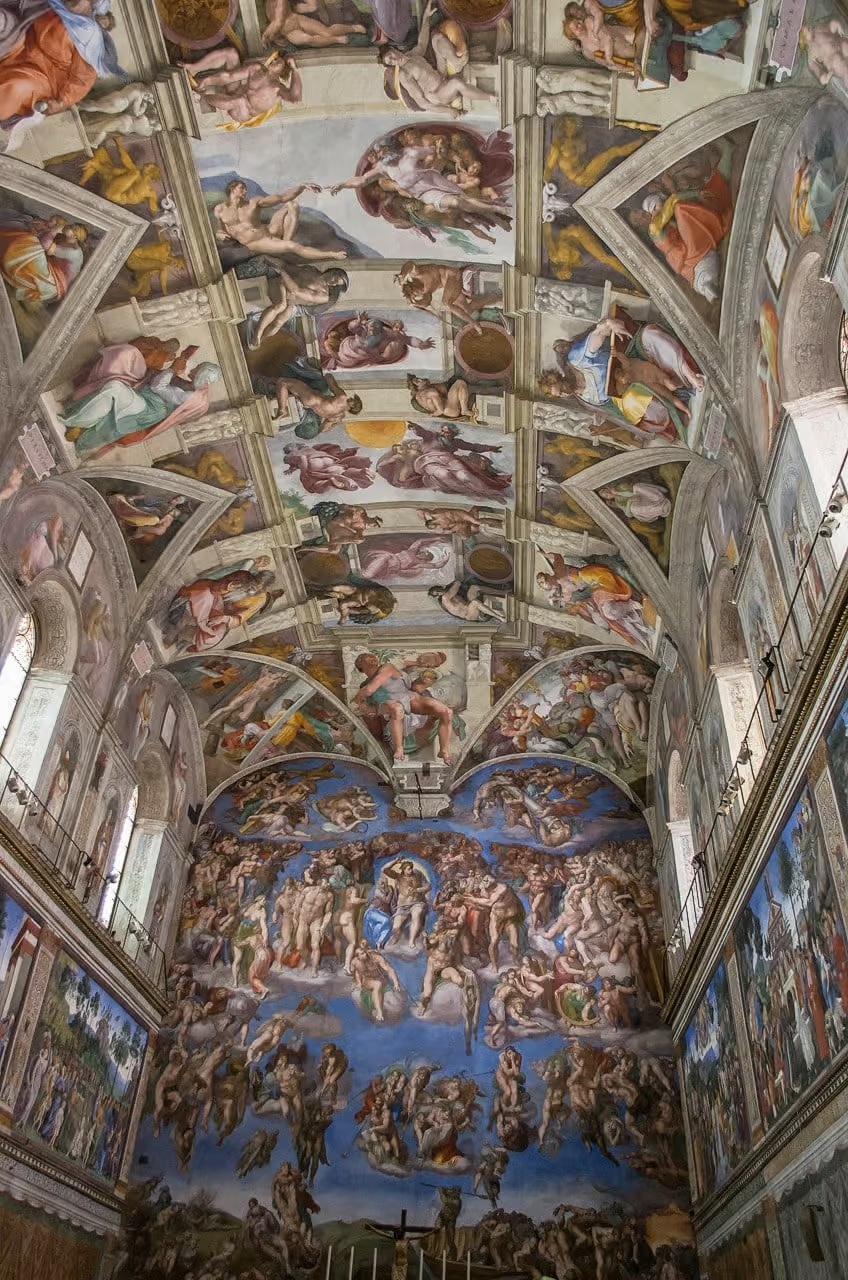
MILLS’ MUSINGS – THE HUMAN CAPACITY FOR BEAUTY
Posted on Jun 27, 2025 by David Garrison in Christian Living, General, HomePage, Mills Musings, Spiritual Growth | 4

A man should hear a little music, read a little poetry, and see a fine picture every day of his life, in order that worldly cares may not obliterate the sense of the beautiful which God has implanted in the human soul. – Johnann Wolfgang von Goethe
I turned on the TV just as the cardinals were entering the Vatican’s Sistine Chapel. Once the door closed behind them, they would begin the conclave that would elect Pope Leo XIV. As the cardinals came into the chapel, each one paused, put his right hand on the Book of the Gospels, and sealed his oath not to reveal what happened in the conclave.
As they did, they stood facing The Last Judgment, an enormous (45 × 39 feet) fresco by the Renaissance artist Michelangelo. Inspired by Dante’s Divine Comedy, the painting was unveiled on October 31, 1541, exactly 24 years after Martin Luther posted the 95 theses that launched the Protestant Reformation.
Five years before Luther’s bold declaration, Michelangelo completed what is widely understood to be his greatest work, the Sistine Chapel Ceiling. Although he had been commissioned to paint the 12 apostles, Michelangelo instead filled the chapel’s ceiling with scenes from the Old Testament.
These frescoes were the largest, but by no means the only, works of art surrounding the cardinals as they prepared themselves for one of their highest duties. As their solemn, unhurried procession unfolded, the news anchor was joined by a gentleman who had spent several years working at the Vatican. She asked how he reacted the first time he set foot in the Sistine Chapel. After a brief pause, he answered:
“I was stunned by the human capacity for beauty.”
This was not the first time I had heard a commentator talk about the beauty of the setting and the moment. But it may have been the first time I heard anyone use the words, “the human capacity for beauty.” That fine-tuned phrase was a welcome reminder that the God who made us in His image created us not only with the innate ability to recognize and enjoy His infinitely varied gifts of beauty, but also with the indelible awareness that shining through the beauty we can access with our physical senses is the One whose very nature is the basis of all beauty, the Triune God.
Sadly, in recent centuries, the notion that God is Beauty (as well as Goodness and Truth) has been scorned in our culture and, for the most part, ignored in our churches. The consequences have been severe. Once we uncritically accept the unbiblical assertion that beauty is in the eye of the beholder, it is a very short step to saying the same about goodness and truth.
Offering a valuable corrective, John Hugo notes, “In both the tabernacle and the Solomonic temple, artistic design, metal craft, sculpture, architecture, and textile arts were employed with God’s blessing and special inspiration (Exod. 31:3-11; Chron. 28:11-21). These examples show that God has uses for the artistic skills of people and that art works are fit vehicles for serving Him.” (Emphasis added.)
I believe the cardinals in the Sistine Chapel were well served by the works of Michelangelo, Botticelli, and others. I also believe that Protestants are well served by beautiful things like stained glass windows and paraments, banners and flowers, hymn texts, piano, and organ (pace, Calvin). For I believe that as we intentionally employ our God-given gift of appreciating beauty, not only we will be drawn closer to God, but we will open those doors so that others may follow that path as well.
Read more...

July 2025 Pastor’s Corner — Joy in the Mess
Posted on Jun 27, 2025 by David Garrison in Christian Living, Devotions, General, HomePage, Pastor's Corner, Spiritual Growth | 4

Happiness is a firecracker sitting on my headboard
Happiness was never mine to hold
Careful child, light the fuse and get away
‘Cause happiness throws a shower of sparks
— The Fray, “Happiness”
I think this is because we’ve confused and conflated happiness and joy. Happiness is a fleeting emotional experience. Joy is a deeper state of being. We pursue happiness because it’s an easier objective, something that seems like it’s more within our control. But what we are actually yearning for is joy. Joy is one of the fruit of the Spirit (Galatians 5:22). While it certainly has an emotional component, joy is something that persists no matter our circumstances. No matter how messy life gets, joy persists in our hearts and our souls. It doesn’t ignore the sad, the bad, the hurtful, the wrongs of life but recognizes that there’s more to this life and to our faith than what is happening in this moment or season.
This summer we’re working our way through the book of Philippians. It’s a letter written to encourage a group of Christians to find joy in the midst of the messiness of their lives and their circumstances. It was written by a guy who was in a pretty messy place in his life at the time himself. And yet, the resounding theme is rejoice, rejoice, rejoice.
Not a “pretend the messiness doesn’t exist” naïve joy, but a joy that is grounded in something deeper than our life circumstances. A joy grounded in our salvation in Jesus Christ. A joy that knows there is nothing we will go through or endure that our Savior did not endure Himself. A joy that knows that there is no greater joy than to know and be known by Christ as deeply and thoroughly as possible.
Happiness says that it will come when the mess gets cleaned up. Joy comes in the midst of the mess. As we said above, joy is a fruit of the Spirit. As we pursue Jesus Christ, the seeds of joy are planted in our soul. As we grow in grace and truth, faith grows those seeds so that even in the messiness, when life goes sideways, through the hurt and pain, a joy invincible is nurtured and developed. This kind of joy doesn’t appear magically overnight, but rather through a lifetime of faithful trust in Jesus Christ.
There’s nothing wrong with being happy, as long as we recognize that happiness isn’t an end unto itself. Happiness understood rightly should be an expression of the joy we have in our salvation. May God nurture a joy in your soul that surpasses understanding, a joy born of gratitude for our salvation in Jesus Christ and the fruit of the work of the Holy Spirit in our hearts and souls.
Rejoice in the Lord always; again I will say, rejoice. Let your reasonableness be known to everyone. The Lord is at hand; do not be anxious about anything, but in everything by prayer and supplication with thanksgiving let your requests be made known to God. And the peace of God, which surpasses all understanding, will guard your hearts and your minds in Christ Jesus. — Phil. 4:4-7
Blessings,
Rev. David Garrison
Read more...
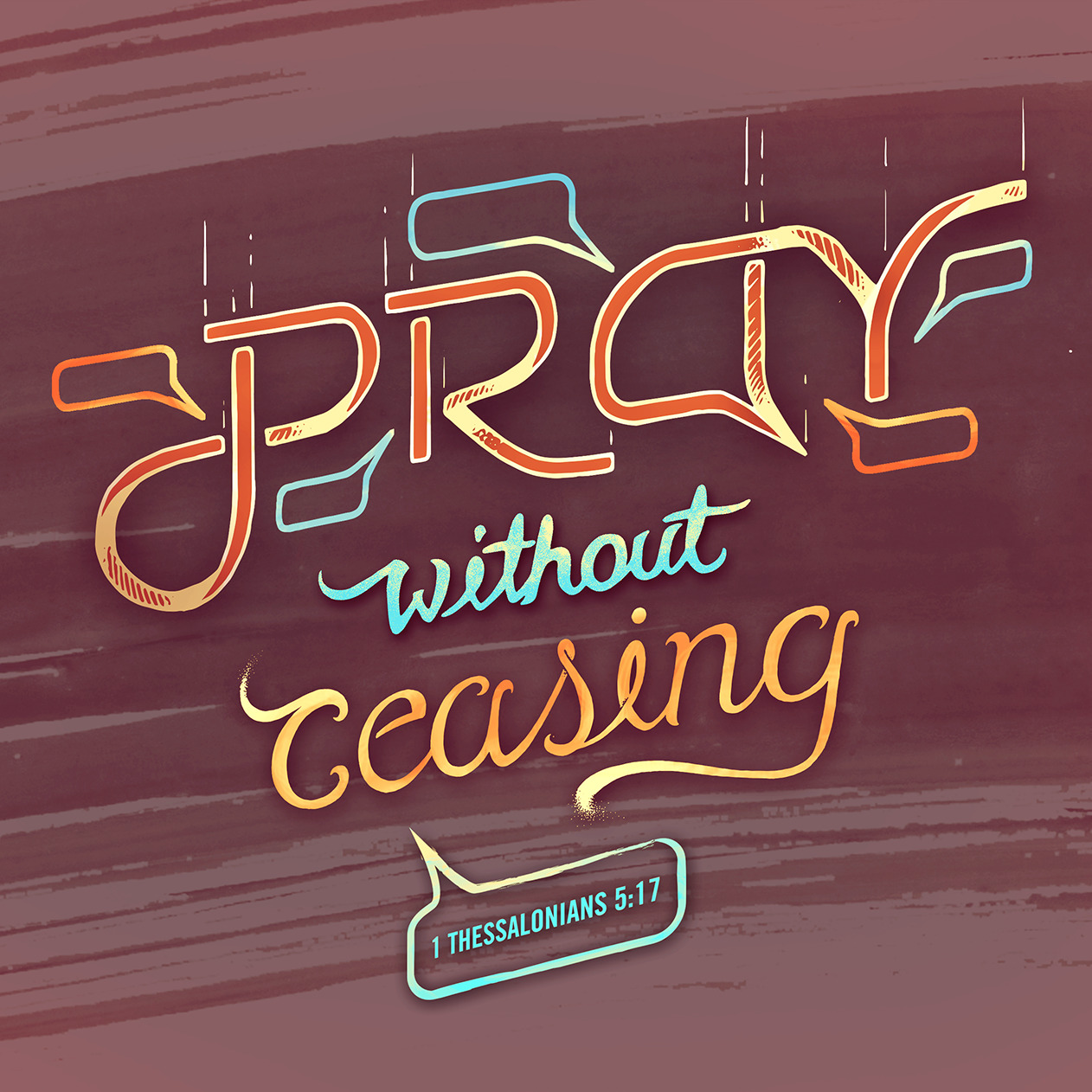
News & Announcements for Sunday, June 29, 2025
Posted on Jun 26, 2025 by David Garrison in Announcements, General, HomePage, News | 4

JOIN US FOR SUNDAY SCHOOL
If you’re looking for an opportunity to grow as a disciple of Jesus Christ, we encourage you to join us Sunday mornings for a intergenerational Sunday school class, from 9:30-10:30. We look forward to seeing you!
MIDWEEK PRAYER – WEDNESDAYS @ Noon
Please join us on Wednesdays at noon for a time of prayer in the sanctuary as we bring our needs before our loving God.
GET IN SHAPE CLASS –SUNDAYS, 9:30AM
No, not physical shape – spiritual S.H.A.P.E.! God has given every believer gifts and shaped us for ministry and service. If you’re asking questions like, What are my spiritual gifts? How has God shaped me for service and ministry? Where do I “plug in?” What is God calling me to do in this phase of my life? Then this class is for you! We encourage every member of Northminster to join us for this 4-week Sunday School class, concluding next Sunday.
COLLEGE & CAREER BIBLE STUDY – TONIGHT, 6PM
Join us for a weekly(ish) bible study for College & Career Young Adults this summer. We meet at the Garrisons for dinner (probably something fancy, like pizza) and then spend some time digging into God’s Word. This is a place and time you can bring your questions and whatnot as well. All young adults, ages 18-29(ish) are welcome.
MISSION FOCUS FOR JUNE: DAYSTAR JUNIOR SCHOOL
Our mission focus for the month of June is Daystar Junior School in Uganda. Opened in 2015, this school is for children ages 3 to 15 years and is located in the slum areas of Kirombe Uganda, East Africa. Donations from Northminster have helped to purchase uniforms for the students, wood for new desks, and build a 3-floor classroom building. You may make a donation to this special ministry by specifying Daystaron your check memo line.
HELPING HANDS OFFERING – THIS MORNING
Each 5th Sunday, any undesignated offerings placed in the collection plates go to Helping Hands, a ministry of churches in the Madison Heights-Elon area of Amherst County to help residents in need. It is administered through Madison Heights Baptist Church. Thank you for helping us meet the needs of those in our community!
Read more...

News & Announcements for Sunday, June 22, 2025
Posted on Jun 21, 2025 by David Garrison in Announcements, General, HomePage, News | 2

JOIN US FOR SUNDAY SCHOOL
If you’re looking for an opportunity to grow as a disciple of Jesus Christ, we encourage you to join us Sunday mornings for a intergenerational Sunday school class, from 9:30-10:30. We look forward to seeing you!
MIDWEEK PRAYER – WEDNESDAYS @ Noon
Please join us on Wednesdays at noon for a time of prayer in the sanctuary as we bring our needs before our loving God.
GET IN SHAPE CLASS –SUNDAYS, 9:30AM
No, not physical shape – spiritual S.H.A.P.E.! God has given every believer gifts and shaped us for ministry and service. If you’re asking questions like, What are my spiritual gifts? How has God shaped me for service and ministry? Where do I “plug in?” What is God calling me to do in this phase of my life? Then this class is for you! We encourage every member of Northminster to join us for this 4-week Sunday School class, continuing next Sunday.
COLLEGE & CAREER BIBLE STUDY – SUNDAY, JUNE 22, 6PM
Join us for a weekly(ish) bible study for College & Career Young Adults this summer. We meet at the Garrisons for dinner (probably something fancy, like pizza) and then spend some time digging into God’s Word. This is a place and time you can bring your questions and whatnot as well. All young adults, ages 18-29(ish) are welcome.
MISSION FOCUS FOR JUNE: DAYSTAR JUNIOR SCHOOL
Our mission focus for the month of June is Daystar Junior School in Uganda. Opened in 2015, this school is for children ages 3 to 15 years and is located in the slum areas of Kirombe Uganda, East Africa. Donations from Northminster have helped to purchase uniforms for the students, wood for new desks, and build a 3-floor classroom building. You may make a donation to this special ministry by specifying Daystar on your check memo line.
HELPING HANDS OFFERING – NEXT SUNDAY
Each 5th Sunday, any undesignated offerings placed in the collection plates go to Helping Hands, a ministry of churches in the Madison Heights-Elon area of Amherst County to help residents in need. It is administered through Madison Heights Baptist Church. Thank you for helping us meet the needs of those in our community!
Read more...



